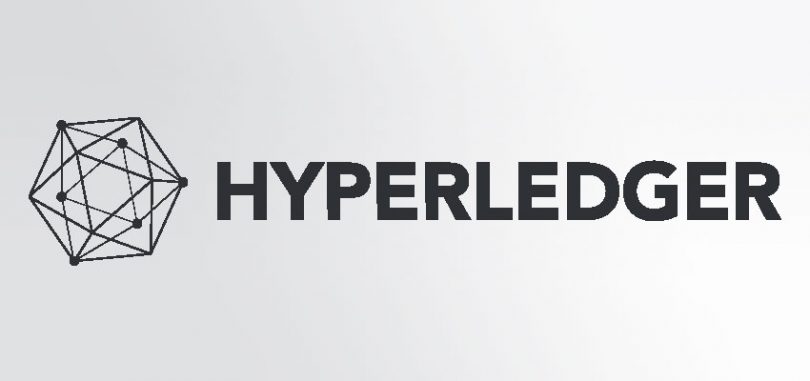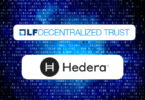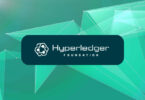Today Hyperledger part of the Linux Foundation announced the release of the latest version of enterprise blockchain Hyperledger Fabric 1.4 LTS. The LTS stands for long term support and is Fabric’s first such release. Commonly with operating systems and major software distributions particular versions are badged as LTS which means security patches are released for that version even after new versions with added features become available.
This is important in a production environment when upgrading to new versions involves a lot of work to adapt code. Particularly if developers don’t necessarily want to take advantage of new features quite yet. Hence Hyperledger is committing to release patches for Hyperledger Fabric 1.4 until 10 January 2020. By LTS standards, a year is quite short, but blockchain is a fast moving sector. Linux versions are typically supported for five years and major software frameworks for roughly two years.
One area that Hyperledger has received a little flak is the serviceability for a production environment. Most servers store logs of key activities and the ability to interrogate these logs is critical for debugging issues. Hence Fabric 1.4 includes enhanced logging, health checks and operational metrics. The team referred to the serviceability as a “giant leap forward” in the announcement.
Previous versions of Fabric included an SDK and chaincode for Node.js the popular server-side javascript scripting framework. The programming model for both of these has a major upgrade so that developers can focus more on the application logic rather than needing to delve deep into the nitty-gritty.
Additionally, 1.4 features privacy enhancements. Latecomers added to private data collections can now retrieve private data for historical transactions which they’re entitled to see. And client access control is now automatically enforced within chaincode by a simple configuration without the need to write specific code.
The race is on
Hyperledger version 2.0 is expected in the Spring. It includes major features such as enhanced support for tokens and atomic swaps. Plus there’s an additional consensus mechanism – Raft – being added to existing consensus options Solo and Kafka.






